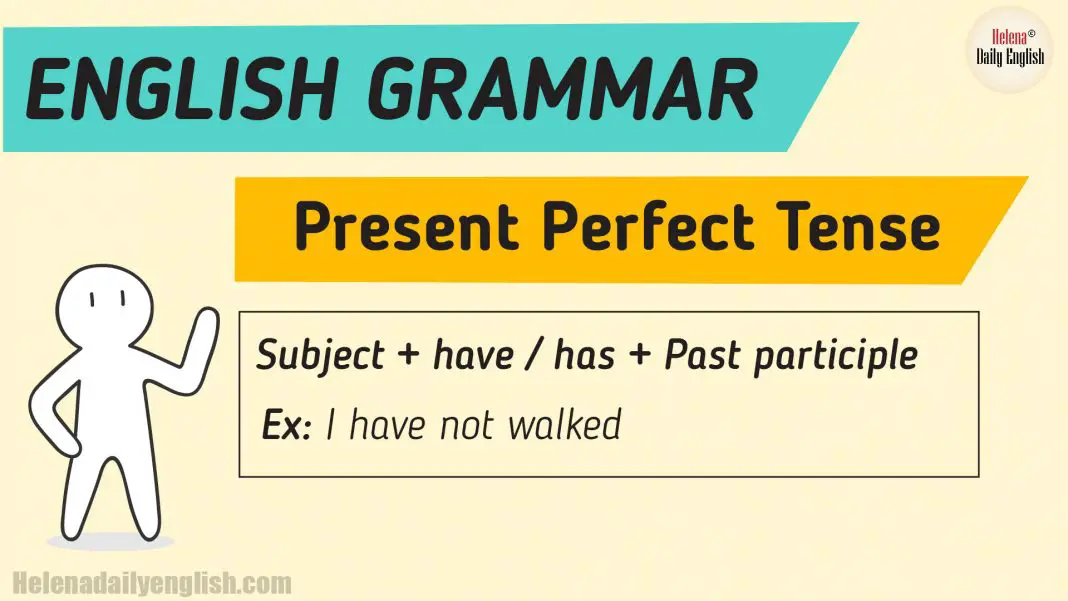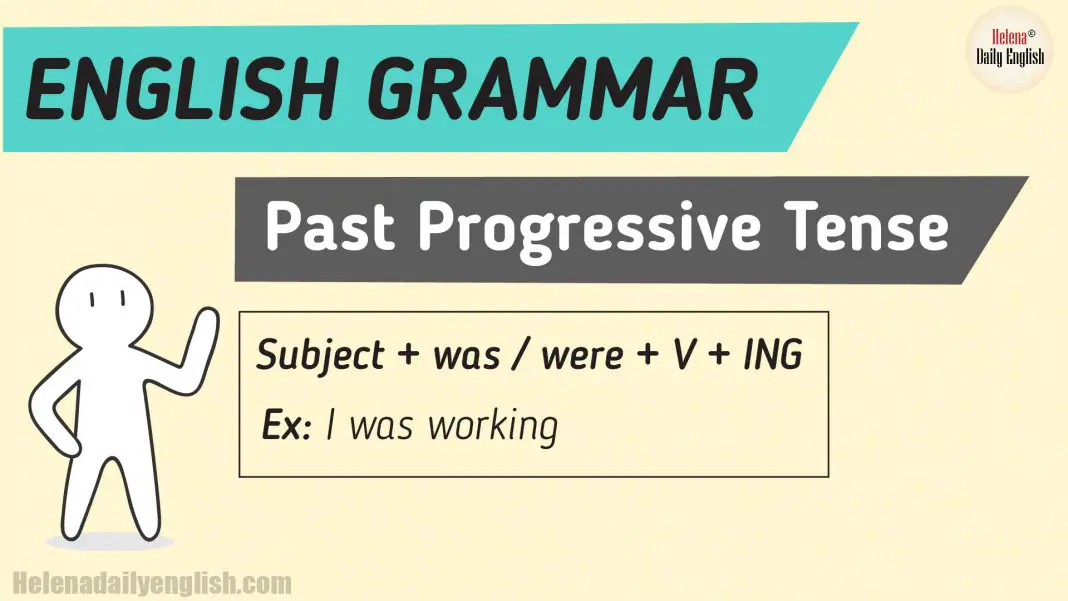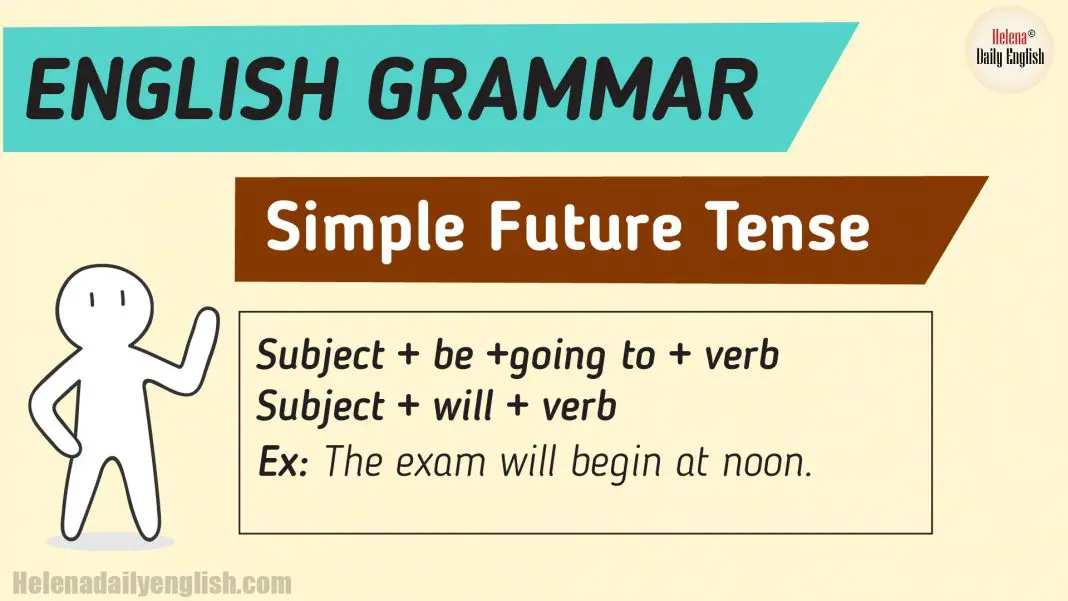The Present Perfect Tense (Example & Explanation)| English Grammar
I. Form
1. Affirmative (+)
Subject + have/has + Past Participle
Ex: I have worked for 4 years in the USA
2. Negative (-)
Subject + have/has + Past Participle
The negative of have in present perfect is have not/has not. The contractions haven’t for have not and hasn’t for has not are not common in academic writing.
Singular
- I have not walked
- You have not walked
- He / She / It has not walked
Plural
- We have not walked
- You have not walked
- They have not walked
Sentences containing the verb have as the main verb may look odd in the present perfect. However, this construction is correct.
Ex: I have had many great cups of espresso since I arrived here in Italy.
3. Interro-Negative (?)
Have/has + Subject + Past Participle
Ex: Have you ever visited the USA yet?
———————————————
II. How to use
Uses of the Present Perfect
- For an action that started in the past and continues in the present (This particular use often includes the phrases “since+ a specific time” or “for+ length of time”)
- Ex: California has been a state since 1850.
- Ex: California has been a state for more than 150 years.
- For an action that has just been completed (often using just)
- Ex: We have just finished working.
- For a past action that still has an effect on the present
- Ex: The company lost revenue, so management has fired many employees.
- For an action that happened several times (no specific past time) and may happen again (indefinite past)
- Ex: We have eaten at that restaurant five times.
- For an action that happened in the past, but the time or frequency of the action is not important (often used with ever or never)(indefinite past)
- Ex: Julia has never visited Las Vegas, but she would like to.
- Ex: Have you ever driven an Italian sports car?
Notes on the Past Participle
|
|||||||||||||||||||||||||||||||||||||||||||||||||||||||||||||||||||





